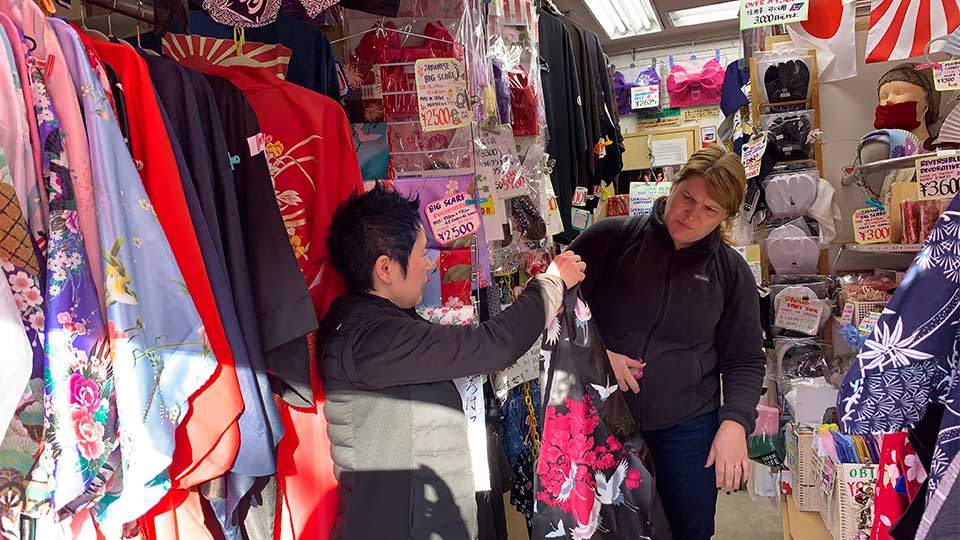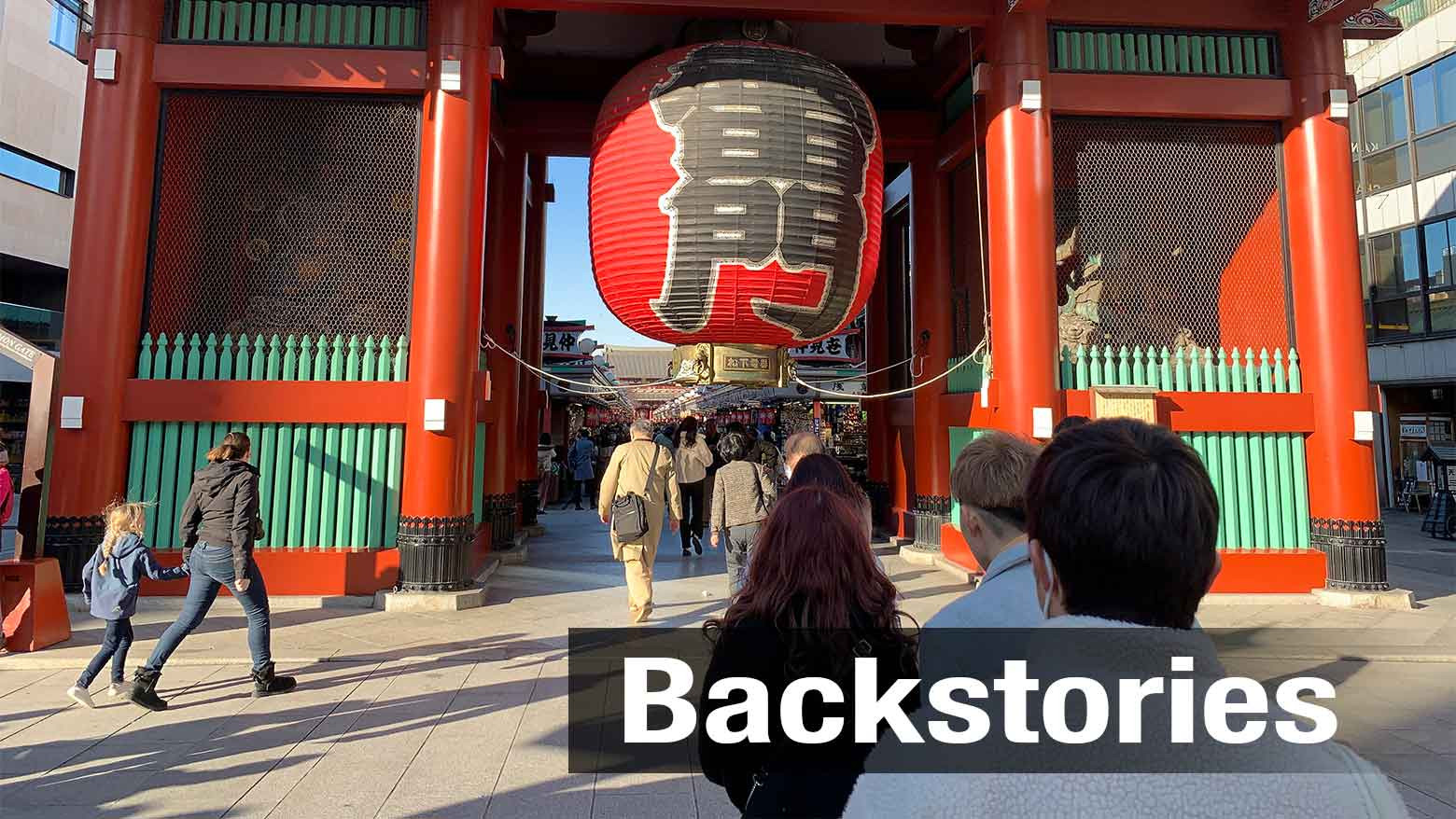"It reminds me of the time right after the earthquake in 2011," she says, and adds that she's worried about the impact on the next peak season, next month, when tourists usually turn up in droves to see the cherry blossom. "If they stay away then too it will be even more serious," she says.

Japan Tourism Agency chief Hiroshi Tabata says the first 20 days of January saw more arrivals than usual from China. But then the numbers took a dive. He says 20 percent fewer Chinese people spent their Lunar New Year in Japan than a year ago, and Japanese people are staying at home more too, exacerbating the problem for people in the tourism industry.
The International Civil Aviation Organization has issued a forecast of the economic impact of the coronavirus, and says Japan could lose nearly US$1.3 billion just from the drop in visitors from China.
The organization says around 70 airlines have cancelled all international services to mainland China, and 50 others have reduced operations.
Japan's Cabinet has approved an emergency package of 10.3 billion yen, or 93.8 million dollars to deal with the outbreak.
That includes economic support for smaller businesses such as tourism firms which are suffering.
Fumiko Watanabe is a researcher with economic think tank NLI Research Institute.
She says it took half a year for tourism numbers to rebound after the SARS outbreak of 2002-2004, and says this outbreak might have an even more serious impact because China has become a much more prominent global player since then.
Japan received about 32 million foreign visitors last year. The government has set a goal of 40 million this year as Tokyo hosts the Olympic and Paralympic Games. But industry watchers say the impact of the virus, as well as soured relations between Japan and South Korea, will make that target tough to reach.

